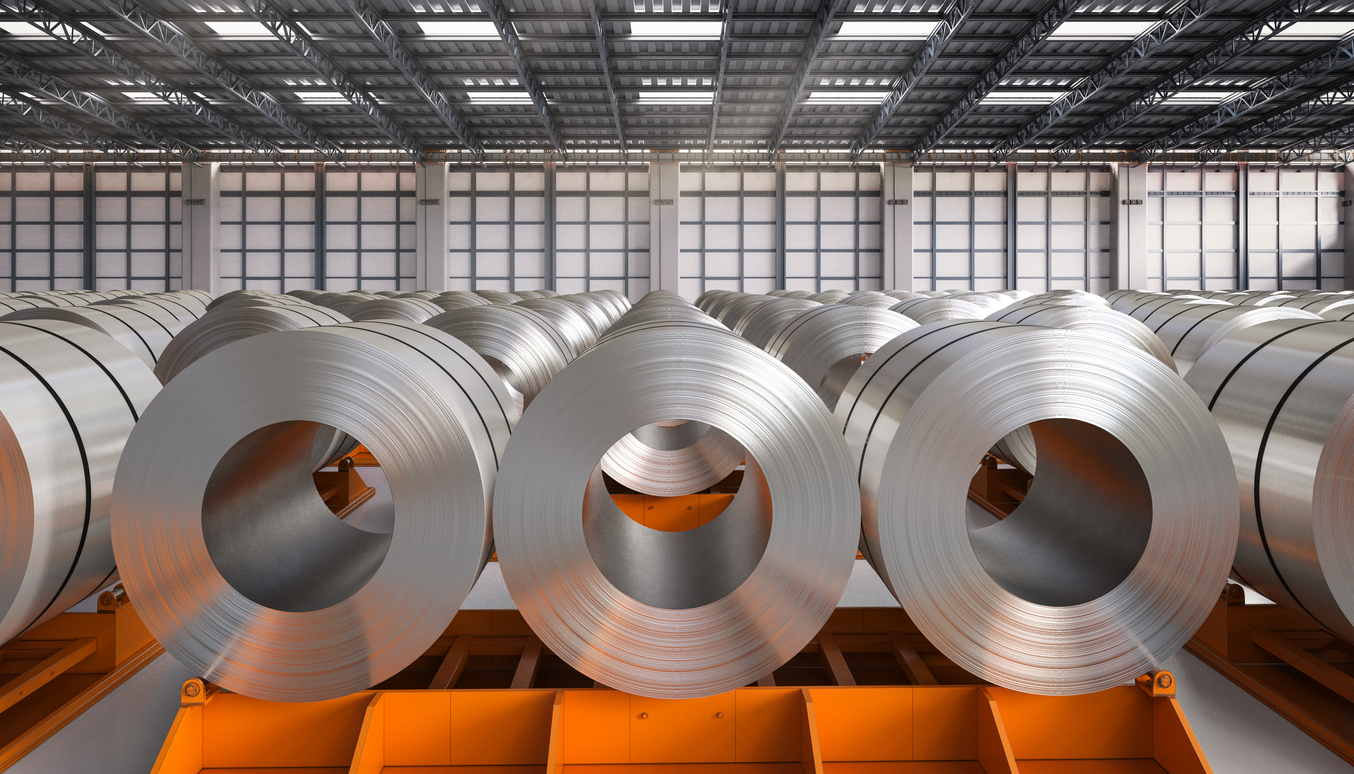The Rise of Steel Manufacturing in Nigeria: A Closer Look at Wigmore Trading’s Contribution
The Rise of Steel Manufacturing in Nigeria: A Closer Look at Wigmore Trading’s Contribution
Welcome to the fascinating world of steel manufacturing in Nigeria, where Wigmore Trading has emerged as a key player in this booming industry. From humble beginnings to becoming a force to be reckoned with, their contribution is nothing short of remarkable. Join us as we take a closer look at how Wigmore Trading has played an integral role in the rise of steel manufacturing, paving the way for economic growth and development in Nigeria. Get ready to uncover their secrets, innovations, and unwavering commitment towards transforming the industrial landscape of this African nation.
What is Wigmore Trading?
Wigmore Trading is a Nigerian-owned company that specializes in the manufacturing and exporting of steel products. The company has been in operation for over 20 years, and has played a significant role in helping to revitalize the steel industry in Nigeria.
The company’s main product line is steel tubes, which it exports to countries around the world. Wigmore Trading has also developed a reputation for quality products, and its tubes are widely used in construction projects around the world.
The Rise of Steel Manufacturing in Nigeria: A Closer Look at Wigmore Trading’s Contribution
The steel industry is one of the most important sectors of the Nigerian economy, and it has been growing fast over the past few decades. This growth can be attributed to a number of factors, including increasing demand from global markets, improvements in technology, and increased investment by private sector companies.
One of the leading companies responsible for this growth is Wigmore Trading. Originally founded in 1990, Wigmore Trading now employs more than 200 people and operates three factories across Nigeria. Its main product line is steel tubes, which it exports to countries around the world.
Wigmore Trading’s contribution to the Nigerian economy is significant. Not only does it provide jobs for hundreds of people, but its products are used in many major construction projects around the world. This includes hospitals, schools, bridges, and other important infrastructure facilities.
In addition to its key role in the steel industry
History of Wigmore Trading
Wigmore Trading is a Nigerian steel manufacturing company that has played a significant role in the country’s steel industry since it was founded in 1937. The company has manufactured both cold and hot-rolled coils, as well as other types of steel products.
Although Wigmore Trading began operations relatively late in Nigeria’s history, it has been a major player in the country’s steel industry. In fact, the company accounts for over 40% of Nigeria’s total steel production.
The company’s success can be attributed to its dedication to quality and customer service. Additionally, Wigmore Trading has invested heavily in R&D over the years, which has enabled it to stay ahead of the curve and offer innovative products to its customers.
Wigmore Trading is an important part of Nigeria’s steel sector and deserves recognition for its contributions to the country’s development.
Activities in Nigeria
Nigeria is a country with a rich cultural heritage, including traditional music and dance. The country has also long been known for its vibrant oil industry. However, in recent years there has been a surge in steel manufacturing in Nigeria. This article looks at the reasons behind this growth, and how Wigmore Trading is contributing to it.
Nigeria’s steel industry has seen rapid development in recent years. Steel production increased by 63% from 2013 to 2016, thanks to strong demand from the domestic market and increased investment in the sector. This growth is being driven by several factors: increasing industrialization and urbanization; an increasingly robust infrastructure; and increasing global competition for goods and services.
Wigmore Trading is one of the leading steel traders in Nigeria. We have been active in the country since 2009, and our presence has helped to increase awareness of Nigeria’s steel potential among investors and manufacturers alike. Our products include cold-rolled coils (CRCs), which are essential components of various types of construction materials such as rebar, wire mesh, roofing tiles, and other engineered products. CRCs are used to reinforce concrete structures during construction, making them more durable and resistant to wear and tear.
Our products are used extensively throughout Nigeria, both domestically and internationally. We have customers across all major industries – including energy, transportation, oil & gas, general manufacturing, engineering plastics & composites (EPCs), infrastructure & construction, food & beverage packaging
Contribution to the Nigerian Steel Industry
The Rise of Steel Manufacturing in Nigeria: A Closer Look at Wigmore Trading’s Contribution
Nigerian steelmakers have been making strides in recent years, thanks in part to the efforts of Wigmore Trading. The company has played a significant role in helping to expand the industry and improve production standards.
Wigmore Trading was founded in 1952 by George Wigmore. At its peak, the company employed more than 1,200 people and operated out of seven warehouses across Nigeria. In 2004, the company merged with Mapei Nigeria Ltd., which made it one of the largest steel manufacturers in the country.
Since then, Wigmore Trading has continued to make a major contribution to the Nigerian steel industry. It has helped to improve production standards and expand capacity; this has resulted in an increase in exports and job creation. In 2015, Wigmore Trading exported 1 million metric tons of steel products – a 125 percent increase over 2013 figures. This increase has helped to boost the Nigerian steel industry and create hundreds of jobs.
Wigmore Trading is committed to supporting the Nigerian steel industry as it continues to grow and develop. The company invests in research and development so that it can stay ahead of competition, and it offers training programs so that workers can upgrade their skills. It also provides financial assistance to small businesses that want to invest in steel manufacturing technology.
Conclusion
When it comes to steel manufacturing, Nigeria is one of the world’s leading countries. According to a report by Wigmore Trading, steel production in Nigeria reached 2.1 million metric tons in 2018 – an increase of 4% from the previous year. This growth was due, in part, to the increasing demand for steel in the global marketplaces. In addition, Wigmore Trading points out that Nigeria has been able to benefit from its strong relationship with China and other African countries. With such a promising future for Nigerian steel manufacturers, it is important that policymakers continue to support this sector so that it can reach its full potential.








Comments are closed.